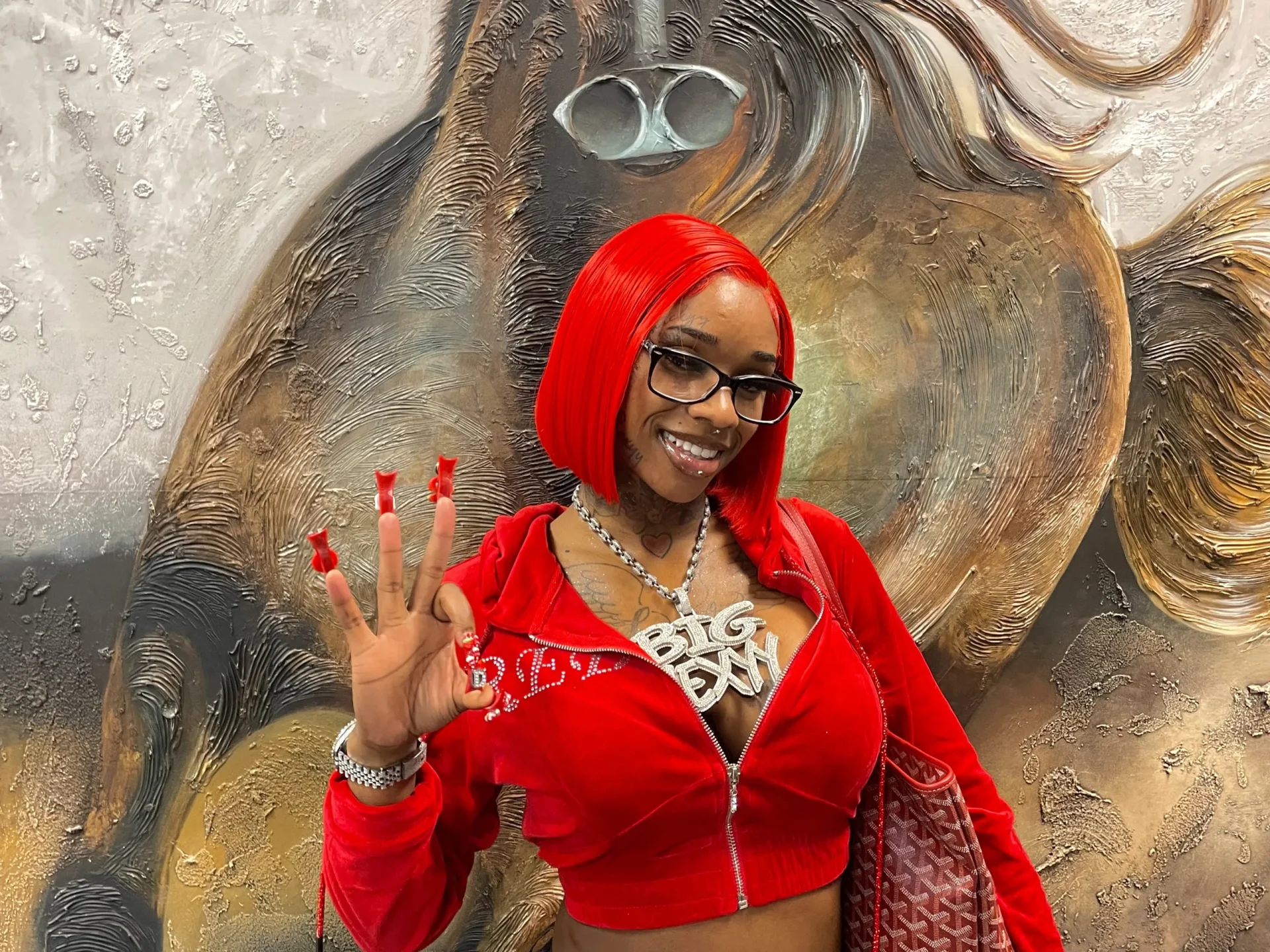Recently, artist Sexyy Red ignited a firestorm of reactions with her controversial comments about 4C hair, a type of natural hair texture common among Black Americans. Her remarks, which she shared on social media, referred to 4C hair as “carpet,” inciting a broad discussion on texturism within the black community.
Controversial comments unveiled
It began when Sexyy Red posted a video showcasing her straightened hair, accompanied by a caption that disparaged those with 4C hair texture. Her post quickly escalated into a significant topic of conversation, drawing criticism for perpetuating texturism — a form of discrimination based on hair texture.
Community reaction
The backlash was swift and vocal, with many social media users condemning Sexyy Red’s words. Comments ranged from calling out the weirdness of becoming texturist after a silk press, to expressing disappointment over the negative portrayal of natural black hair. The consensus was clear: such remarks contribute to the harmful standards that affect how young black girls perceive their natural beauty.
Broader implications
This incident has highlighted ongoing issues of texturism and colorism within the black community. Critics argue that these attitudes contribute to a culture that can lead to self-esteem issues among those with natural hair textures. Voices from the community emphasized the need to celebrate natural beauty and reject derogatory names and classifications.
Encouraging self-acceptance
In response to the controversy, several voices have emerged advocating for acceptance and appreciation of all hair types. Natural beauty should be embraced, and everyone should feel proud of their natural traits, free from manipulation or negative comparisons.
This incident serves as a reminder of the importance of fostering a supportive and inclusive environment, where all forms of natural beauty are celebrated equally.














